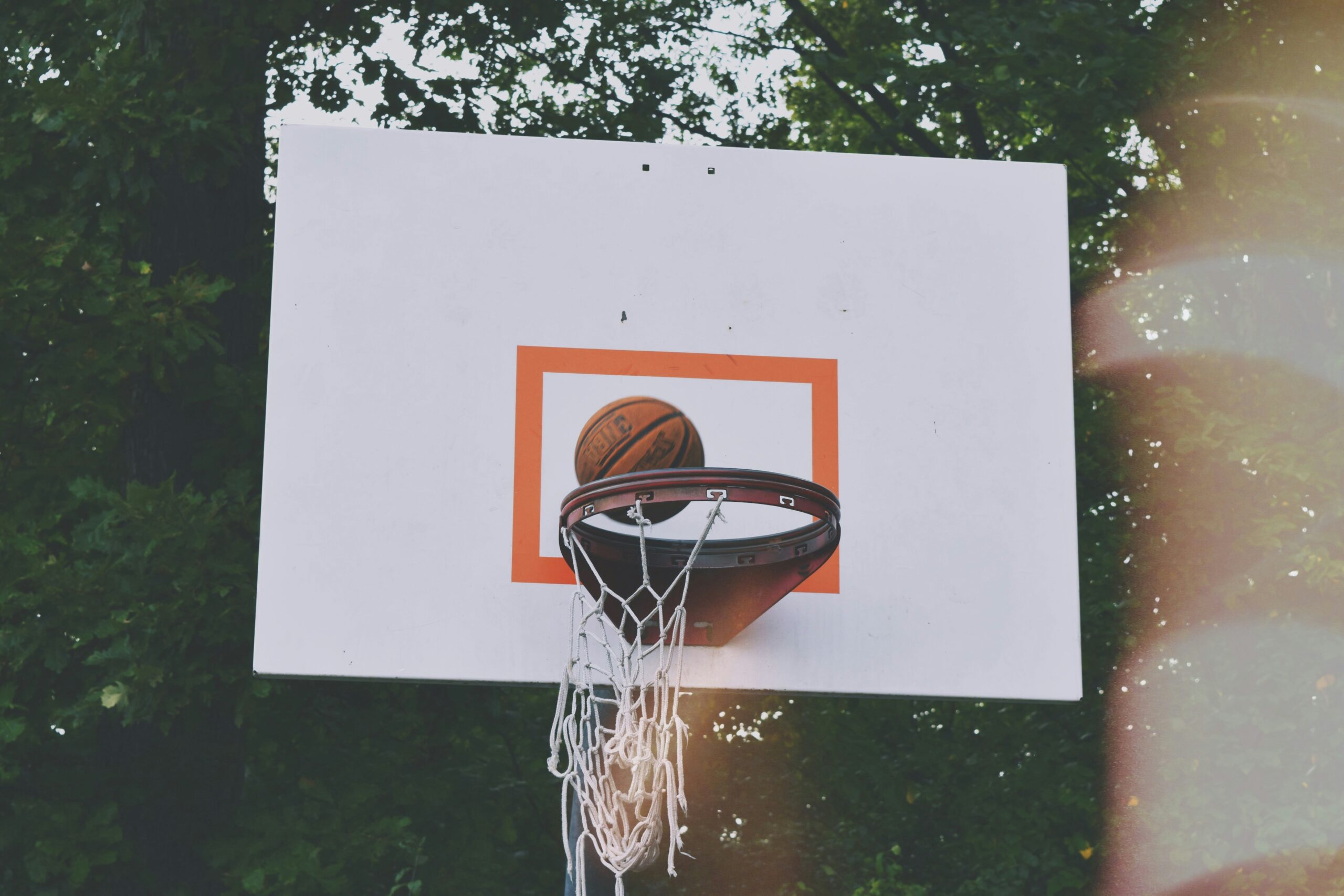
Coaching basketball at a high level requires more than understanding the game’s fundamentals. It’s about strategy, psychology, and adapting under pressure. Advanced basketball coaching focuses on precision, preparation, and developing a team culture that thrives in practice and competition. Whether you’re coaching high school, college, or professional athletes, mastering these advanced techniques can take your team from good to unstoppable.
Elevate Your Offensive Playbook
An advanced offense is built on movement, spacing, and unpredictability. Instead of relying solely on set plays, develop a motion-based system that allows players to make smart reads and react naturally. A successful offense adapts to defensive adjustments — creating scoring opportunities through timing, screens, and constant communication.
Coaches should focus on spacing to stretch the floor and give players room to operate. Encourage off-ball movement and purposeful cutting to keep defenses on their heels. Teach your players to quickly exploit mismatches, read defensive rotations, and find the open man. A fluid, adaptable offense is more challenging to scout and nearly impossible to stop.
Build an Elite Defensive Identity
Defense isn’t just about effort but discipline, anticipation, and teamwork. Advanced coaches implement defensive schemes that evolve throughout the game. Blending man-to-man, matchup zones, and switching defenses can keep opponents guessing and disrupt offensive flow.
Train players to recognize offensive tendencies early. Emphasize communication and rotation drills so your defense moves as one unit. Focus on closeouts, weak-side help, and defensive rebounding to limit second-chance points. When players trust the system and each other, they can pressure the ball effectively without leaving gaps in coverage.
Leverage Analytics and Game Data
Data drives modern basketball. Advanced coaches use analytics to analyze player performance, shooting efficiency, and lineup effectiveness. Numbers reveal patterns — who thrives in certain matchups, which plays generate the best results, and how to optimize possessions.
Use film sessions and statistical breakdowns to make data meaningful for players. Show them how certain decisions impact outcomes. When athletes understand the reasoning behind adjustments, they buy into the system more completely. Combined with instinct, data allows coaches to make informed decisions in real time.
Develop Positionless and Versatile Players
The game has evolved — versatility now trumps specialization. Encourage every player to expand their skill set beyond their traditional position. Big men should be comfortable handling the ball and shooting from midrange or beyond, while guards should learn to post up and rebound.
Design drills that blend multiple skills, like ball-handling into shooting or defensive rotations into fast-break finishes. The more dynamic and flexible your players become, the easier it is to adapt your system to different opponents. Versatility makes your team unpredictable — a quality every coach desires.
Enhance In-Game Decision-Making
Great coaches win games by making timely adjustments. Whether it’s shifting defensive coverage, altering pace, or exploiting a mismatch, adaptability separates elite teams from average ones. Teach your players to recognize patterns on the court and make decisions without relying on constant direction.
In practice, simulate high-pressure situations. Run scenarios where players must make quick reads, such as clock management, double-team responses, or defensive rotations in transition. The goal is to help them trust their instincts when it matters most. A confident team that can think on its feet has a competitive edge in crunch time.
Cultivate Leadership and Communication
Communication builds chemistry, and chemistry wins games. Encourage open dialogue between players and coaches on and off the court. A unified voice during games ensures that everyone is on the same page defensively and offensively.
Develop leadership within the team by assigning responsibilities. Captains should model discipline and positivity, serving as extensions of the coaching staff. Hold team meetings to discuss goals, review performances, and celebrate progress. A team that communicates well will naturally build stronger trust and cohesion.
Prioritize Mental Conditioning
Basketball is a game of emotion and resilience. Mental toughness often decides close games. Advanced coaches integrate psychological training into their programs — helping players handle adversity, pressure, and setbacks with composure.
Encourage visualization, mindfulness, and pre-game routines that build focus. Reinforce the idea that mistakes are learning opportunities, not failures. Maintaining a positive mindset makes players more likely to stay motivated, confident, and ready to bounce back after challenging moments. A mentally strong team performs consistently, even under intense pressure.
Maximize Practice Efficiency
Elite coaches understand that quality beats quantity. Instead of running long practices, focus on intensity and purpose. Every drill should simulate real-game conditions, emphasizing pace, precision, and decision-making.
Incorporate competitive drills that mirror live situations like transition defense, last-second plays, or double-overtime scrimmages. Use film review to reinforce lessons learned in practice. Those habits carry over into every game situation when players train with intent and clarity.
Advanced basketball coaching is a blend of strategy, communication, and innovation. It’s about creating a team that can think, adapt, and perform under any circumstance. From implementing dynamic offenses and formidable defenses to developing leadership and mental strength, great coaches shape not just players — they build champions. Success comes to those who teach their teams how to play the game and master every moment within it.